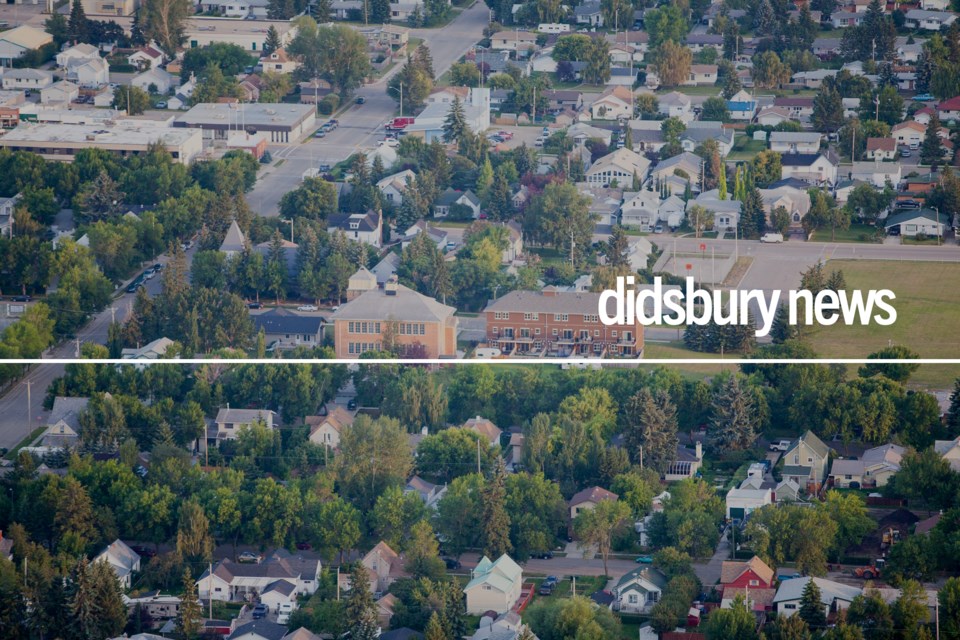DIDSBURY - Regardless of new regulations regarding candidate spending in the October 2025 general municipal election, local voters should make their voting choices based on getting to know the candidates and the issues, says mayor Rhonda Hunter.
Last week the province announced updated campaign spending limits for candidates that come into effect on Oct. 31.
“I don’t see a lot of impact with the new limits to a town of our size,” Hunter told the Albertan. “Expensive campaigning don’t necessarily win an election in smaller municipalities.
“I would always encourage votes to be informed and to meet your municipal candidates who are running for election. Select the candidate which will best represent your interests as a resident; that may not be the candidate with the most signs or radio announcements or who has third-party support.
“It should be the candidate who represents your values and interests for the growth, success and investments in your community.”
The regulation updates are part of Bill 20, the Municipal Affairs Statutes Amendments Act, which makes changes to the Local Authorities Election Act and the Municipal Government Act.
The new regulations establish expense limits for local election campaigns.
Upon registration, during a local election in the province, mayoral candidates may spend up to $1 per person based on the population of the municipality or $20,000, whichever is greater.
Councillor candidates will be allowed to spend where there are wards (or divisions), up to $1 per person based on the average population of the wards in the municipality, or $20,000, whichever is greater.
And where there are no wards, up to $1 per person based on the population of the municipality, or $20,000, whichever is greater.
Third party advertisers will be allowed to spend $0.50 per person based on the population of the municipality during the election year advertising period (May 1 to Oct. 20, 2025).
The updated regulations say campaign expenses are “any expenses or non-monetary contributions used to directly promote or oppose a candidate during a campaign period.”
Those expenses include the production of advertising and promotional material and any distribution, board casting or publication in the media; the salary or expenses of a chief financial officer; meeting place rentals; conducting election survey and research.
The updated regulations also include campaign expenses for non-election years.
“During the year prior to an election year, all candidates will be allowed to spend up to $0.50 per person based on the population of the municipality (mayor and councillors in municipalities without wards) or average population of the wards (councillors in municipalities with wards) or $10,000, whichever is greater.”
In announcing the updated campaign spending regulation, Ric McIver, minister of Municipal Affairs, said the changes “demonstrate our commitment to accountability, to transparency and to democracy for all Albertans.”
Alberta Municipalities (ABmunis) represents more than 260 municipalities, including towns in this district.
In a release, the association called on the government to reverse its decision (under Bill 20) to allow political parties (in Calgary and Edmonton) during the upcoming general election.”
“While we acknowledge the regulations on political parties in municipal election currently applies to only two municipalities, we are concerned that they will be extended to other municipalities in Alberta in the years ahead,” the ABmunis board said.
Carstars mayor Lance Colby did not immediate return a call seeking comment.



